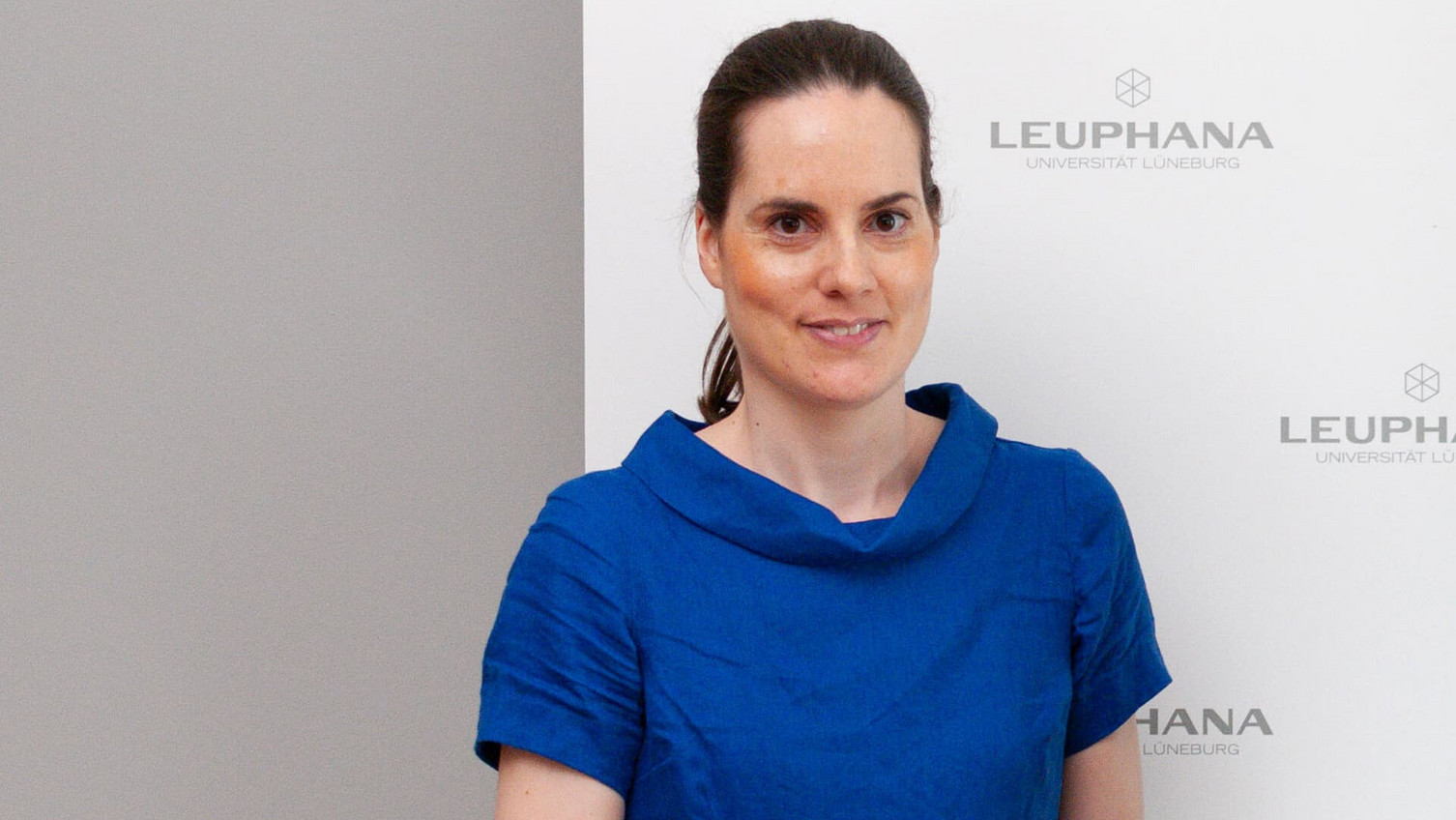New Master in Public Affairs and Democracy starts in the winter semester
2024-03-22 With this programme, the Faculty of Political Science addresses current social challenges and, thanks to its focus on scientific methods, also prepares students for doctoral studies. Dr Natascha Zaun, Professor of Political Science, in particular Public Policy and Law, presents the pioneering Master's programme in an interview.
- Professor Zaun, the new Master's programme specifically addresses democracy and public affairs. Why is Leuphana focussing on these topics?
A recently published study on democracies by the Bertelsmann Foundation shows that democracies are eroding around the world. But right-wing populists are also gaining strength in Germany. That's why it was important for us to develop a degree programme that analyses these processes and also addresses democratic resilience. Academics and also those working in politics and administration need to understand how democracies develop and why setbacks happen as they are happening right now. This is also what we stand for with the Centre for Democracy Research. It is not without reason that Germany has understood political science after the Second World War as the science of democracy.
- What is the content of the programme based on?
The Master's programme relates to the main research areas of the professorships at the faculty. Among other things, we deal with party and attitude research, democratic institutions of democratic policy-making, including in areas such as climate or migration, democratic representation - also in international relations - and democratic resilience. We ask, for example: What distinguishes democracies from autocracies? What does it take to create a resilient democracy and how is democracy being dismantled or even dying? How desirable is democracy at all, even in regions outside the democratic "West"?
- So you are also looking at the Global South?
Yes, that's right. The close cooperation with the Leibniz Institute of Global and Area Studies (GIGA) - an independent research institute in Hamburg that specialises in research on Asia, Africa, Latin America and the Middle East - gives the programme a unique content orientation with a focus on both the Global North and the Global South. This is a unique selling point. This different perspective is still unusual in political science programmes at German universities.
- Why do you place particular emphasis on the research orientation of the Master's programme?
We emphasise methods - both qualitative and quantitative. Experimental methods are innovative for political science. This is also where we build a bridge to economists and the Public Affairs & Economics degree programme. Both degree programmes attend the methods courses together. In this way, we want to prepare students more strongly for the doctorate, which can be started during the Master's programme as part of Leuphana's Doctoral Track programme. However, the degree programme is not only aimed at students with an interest in research. Employers are placing more and more value on methodological skills. Especially those who want to work in international organisations, NGOs or political parties should have this expertise.
- Thank you for the interview!

